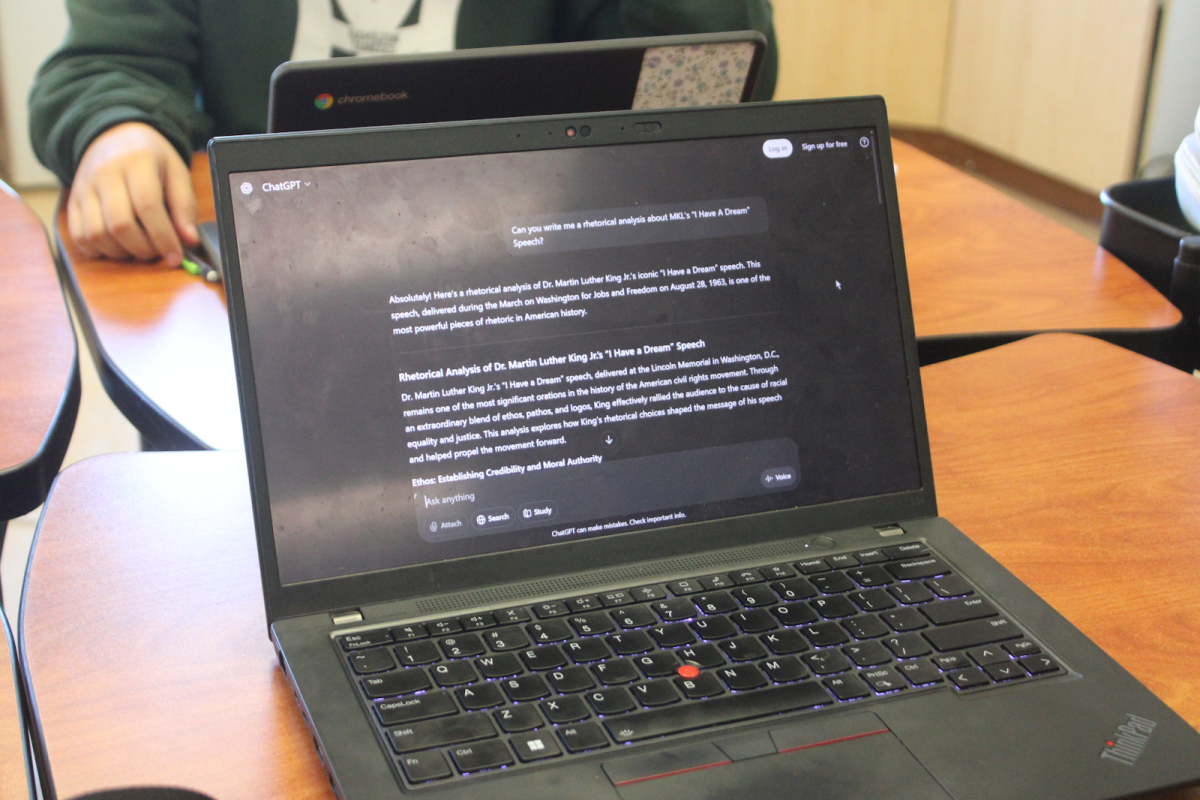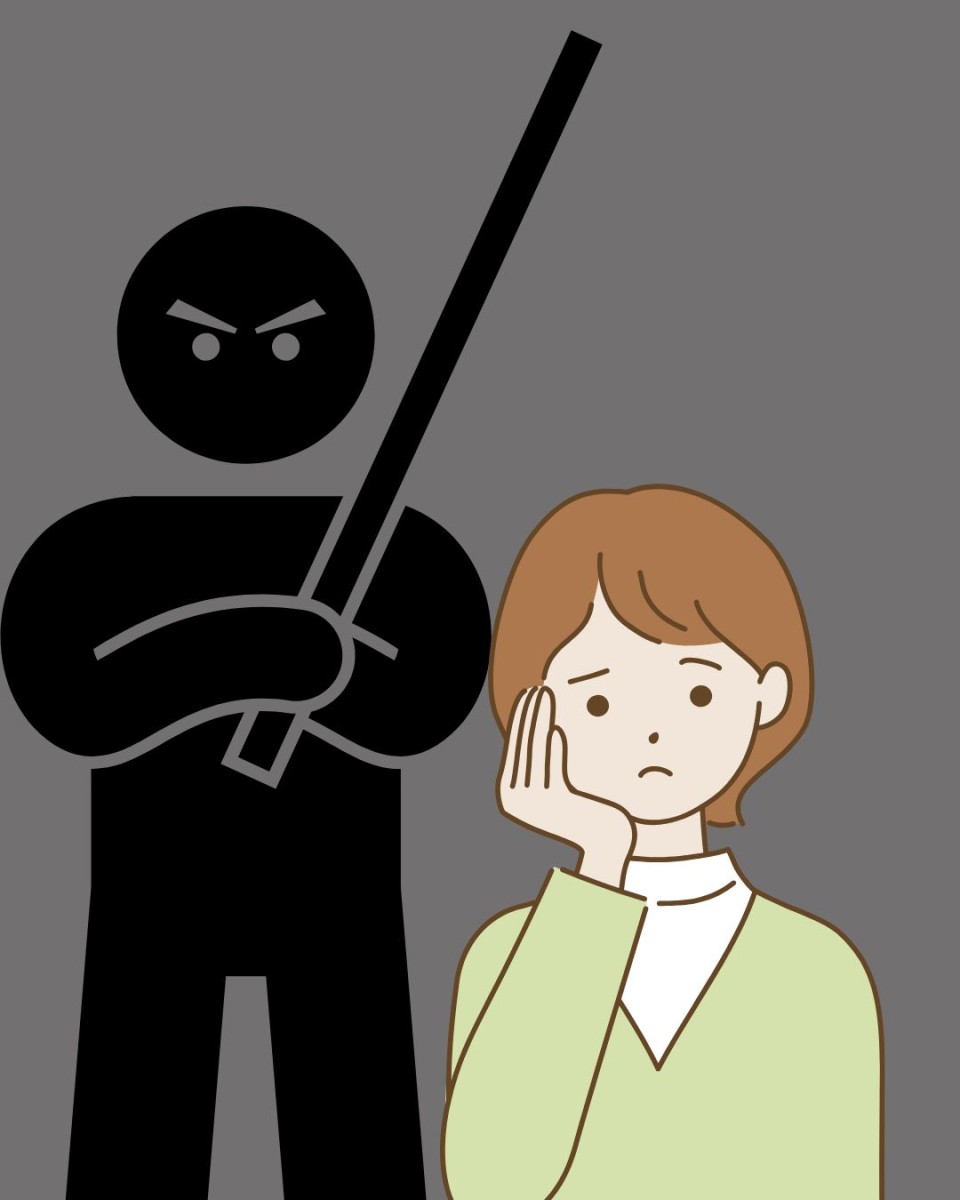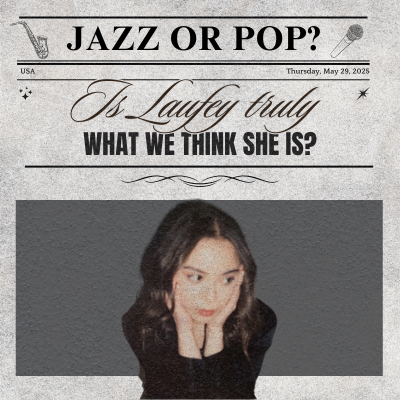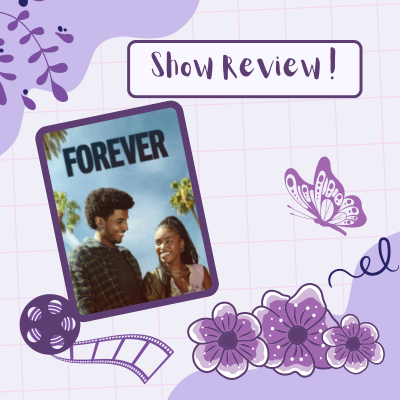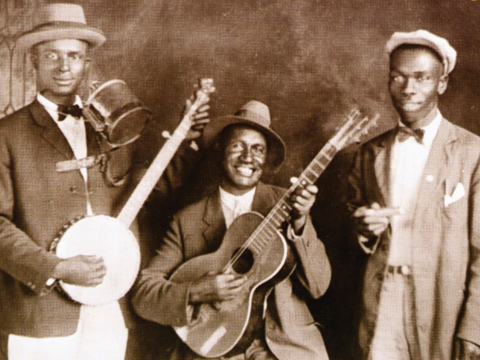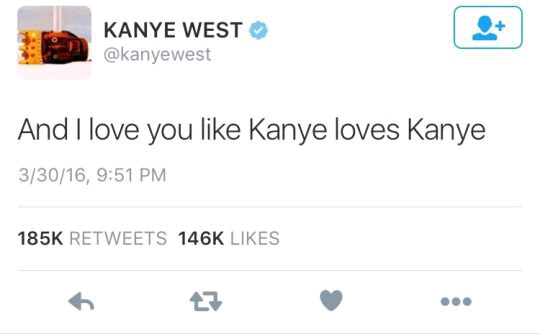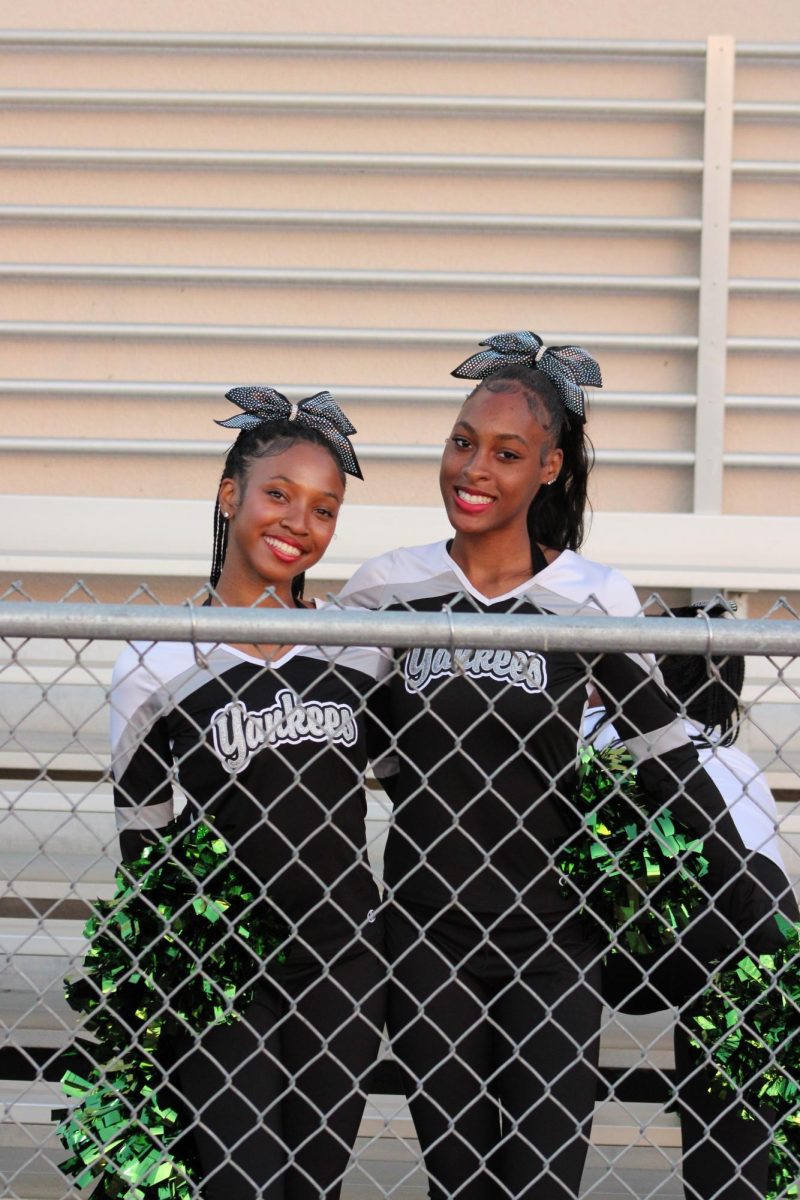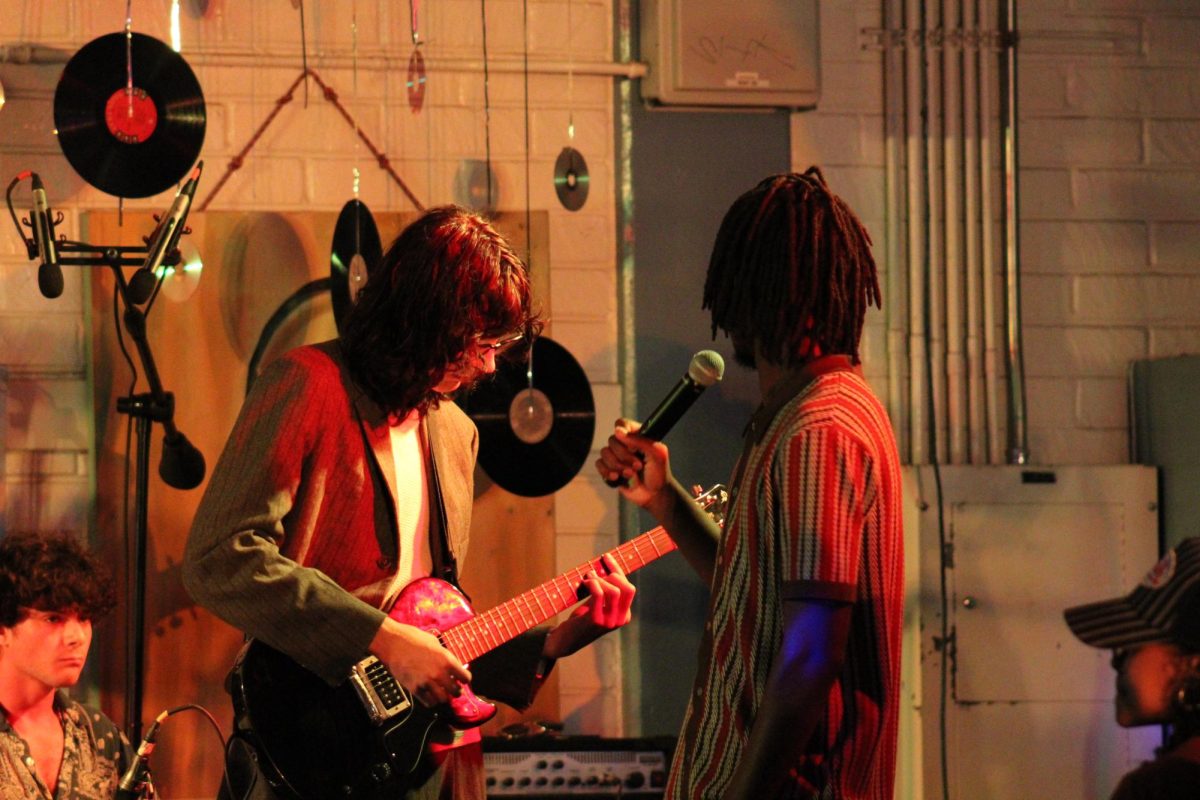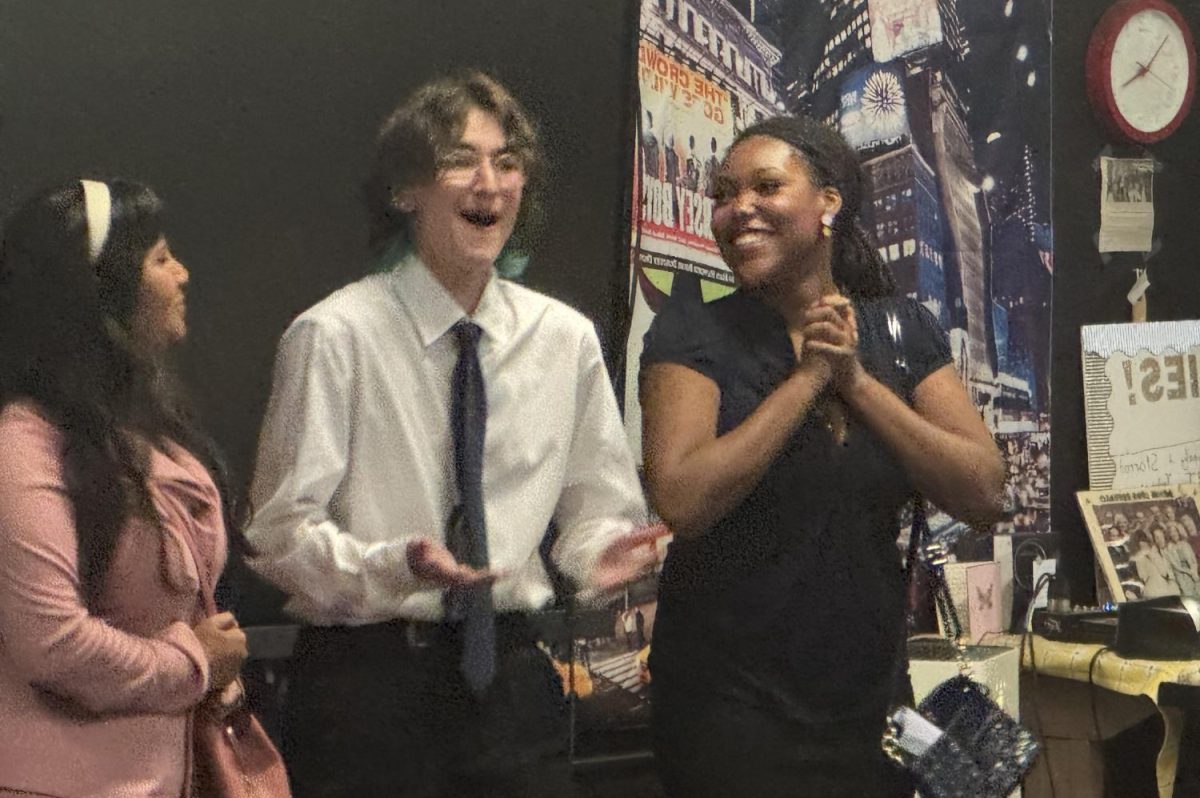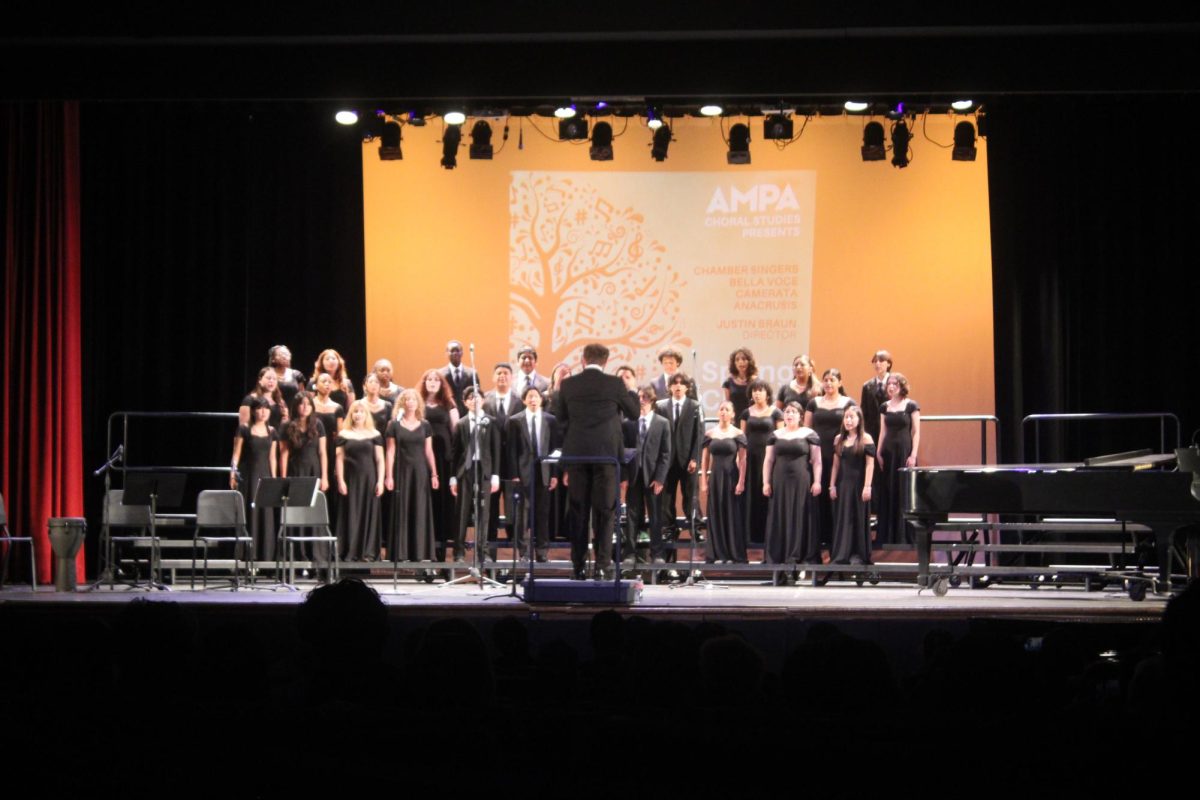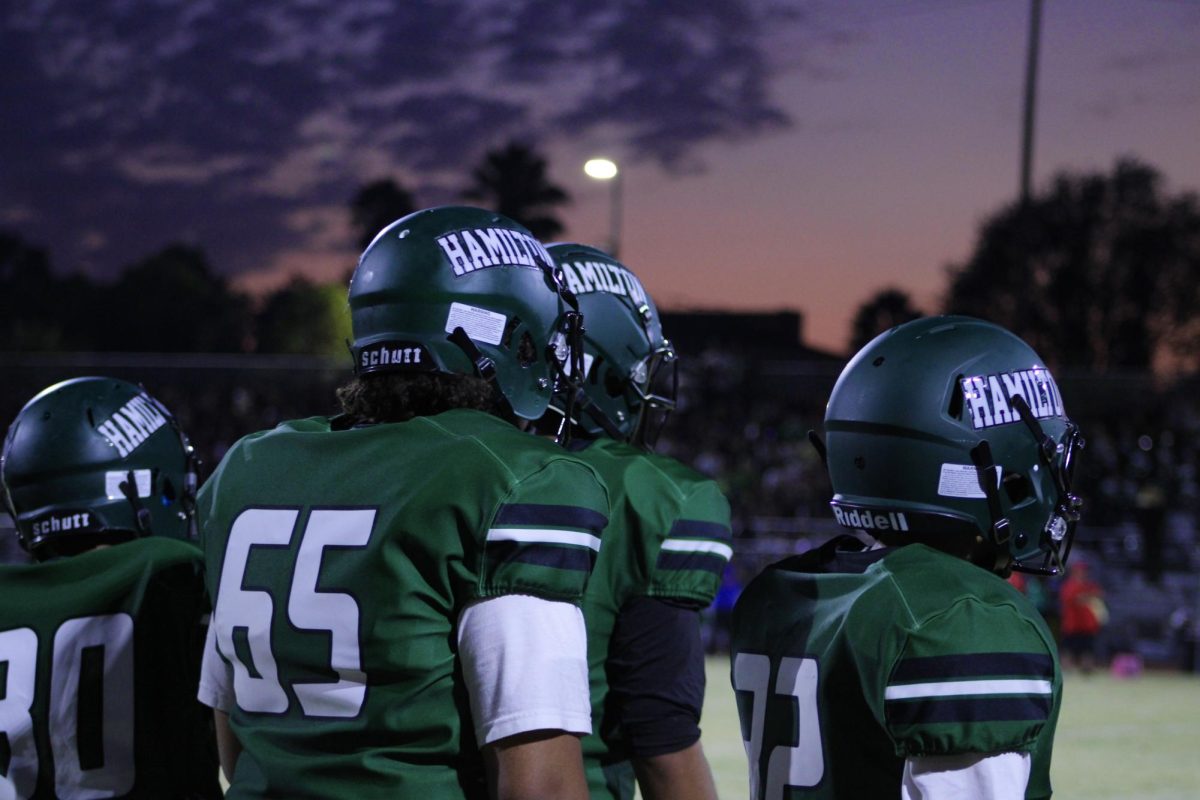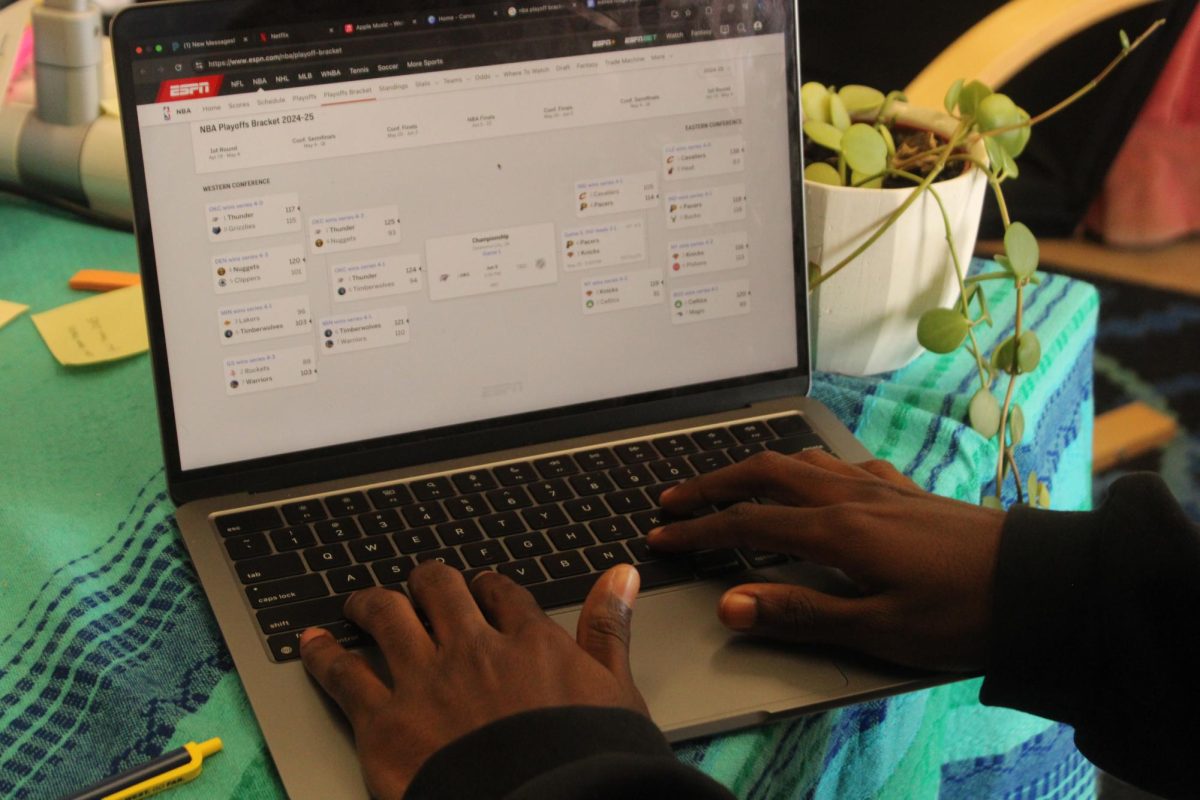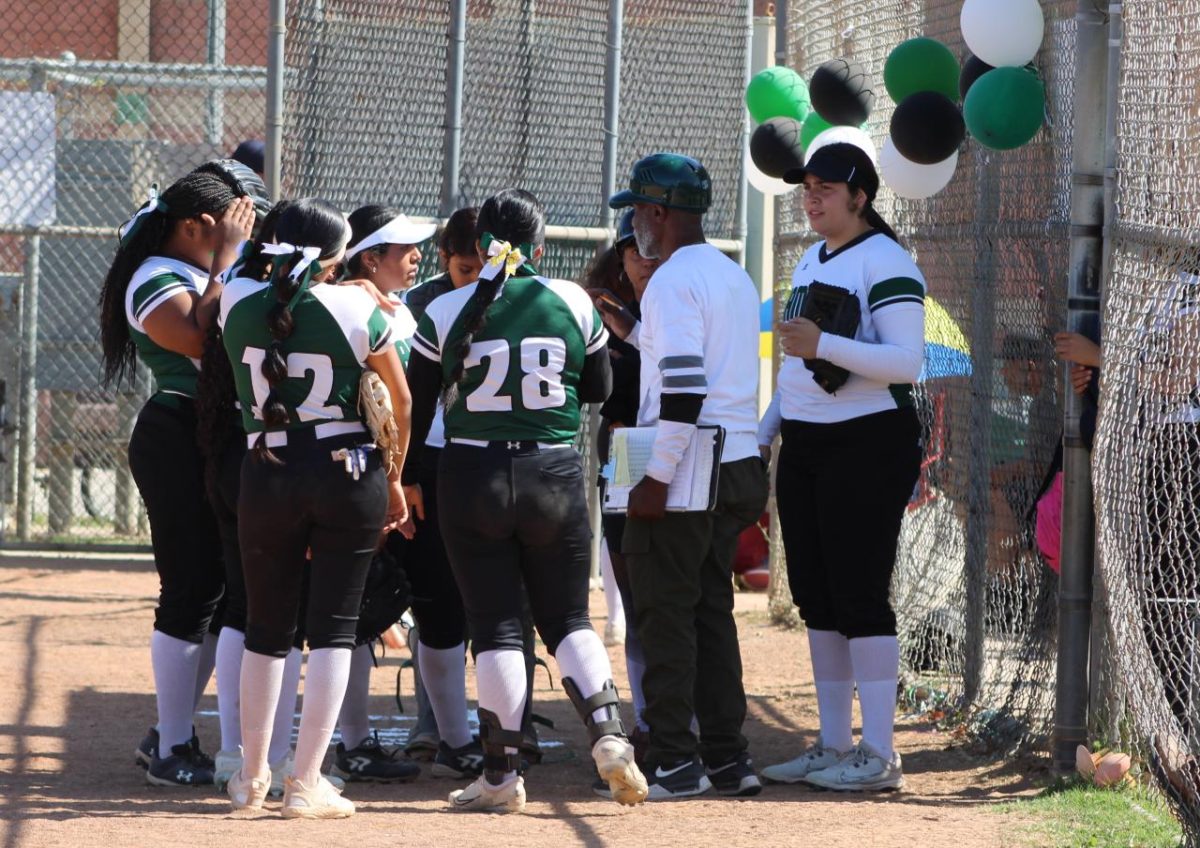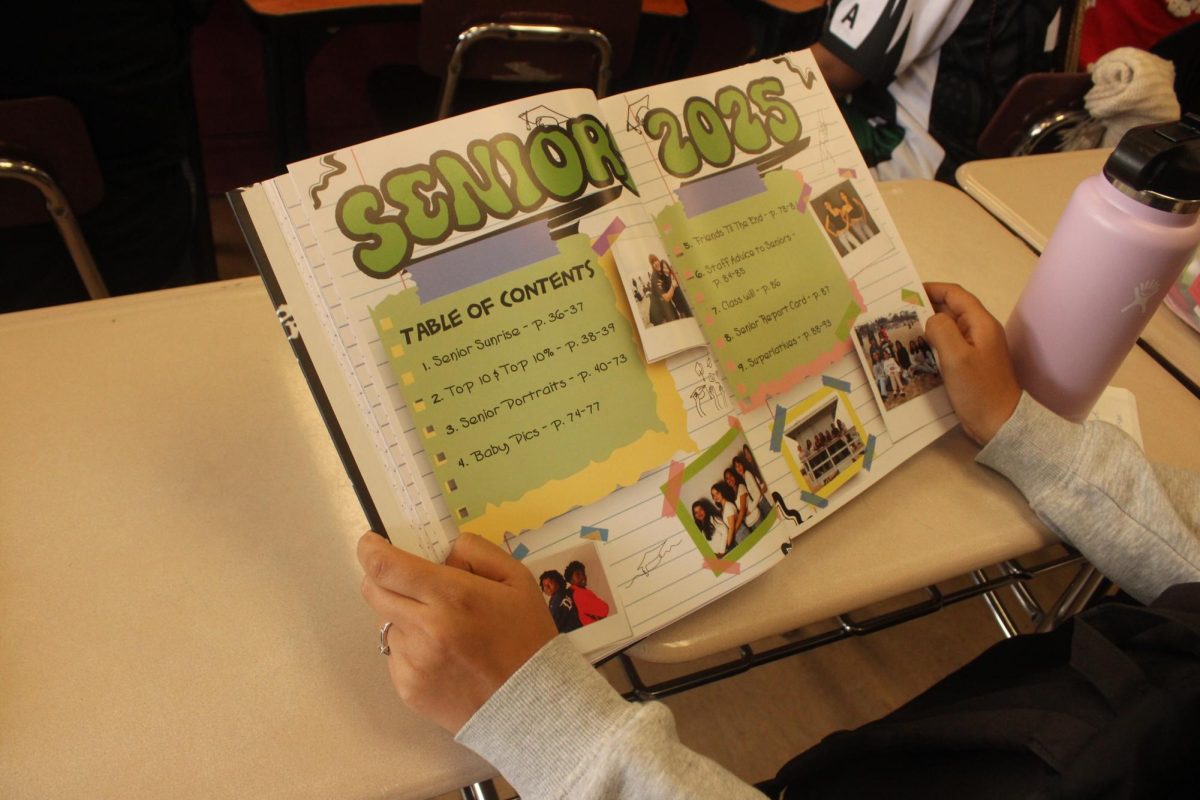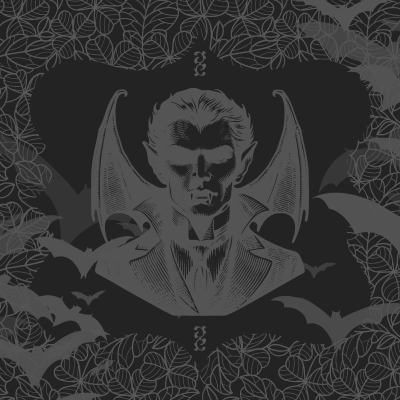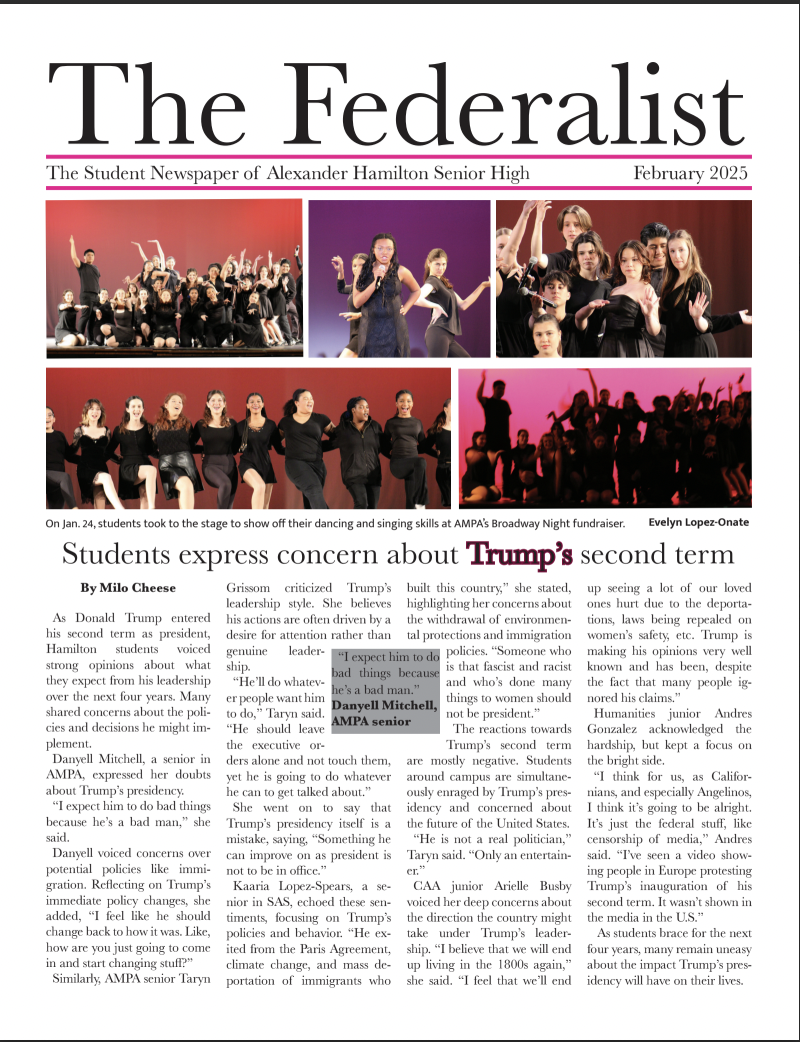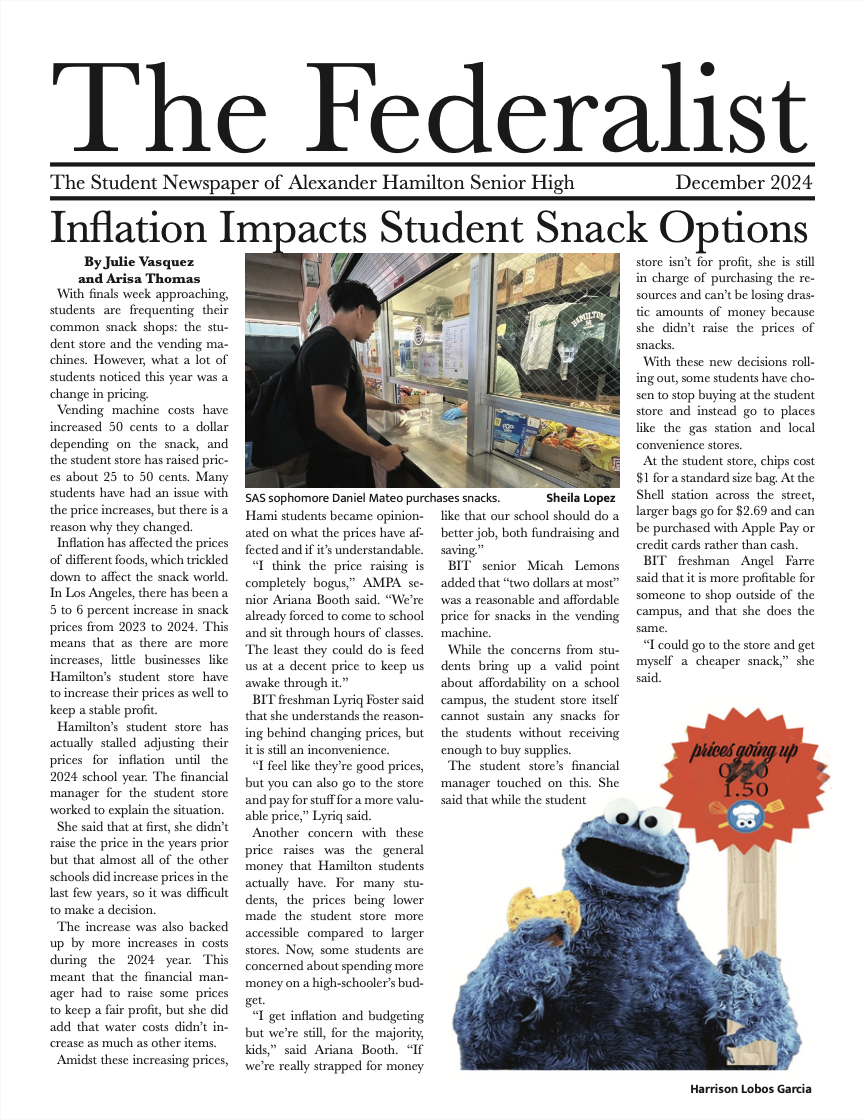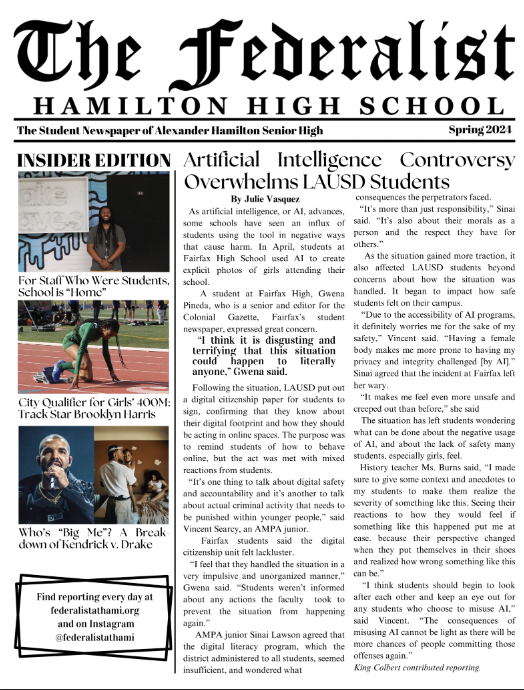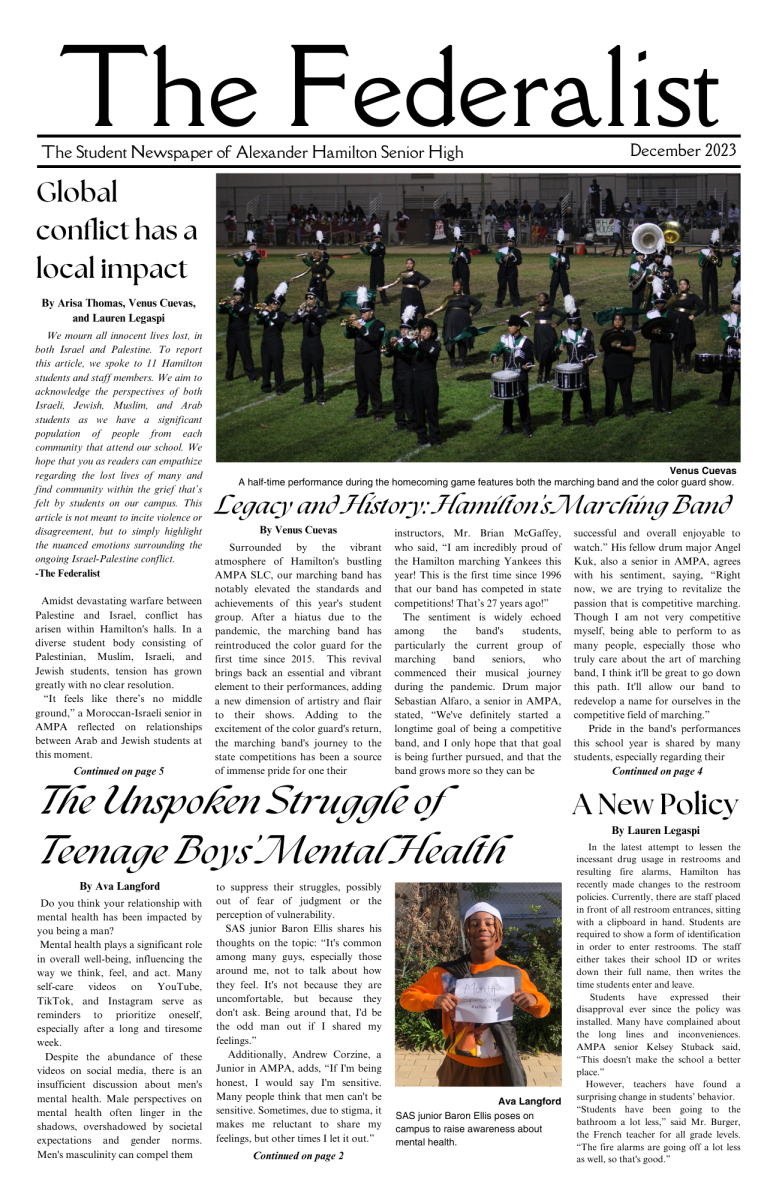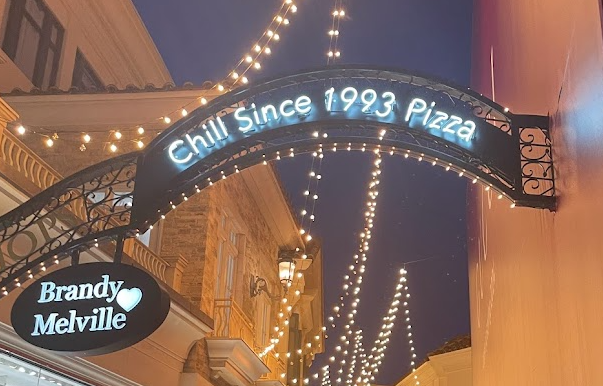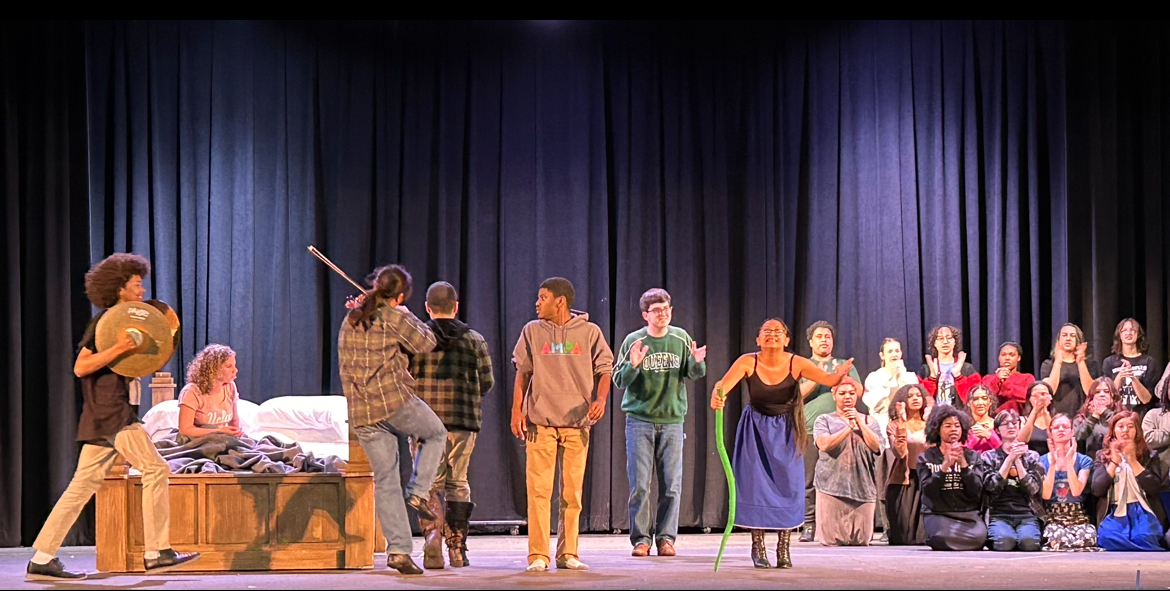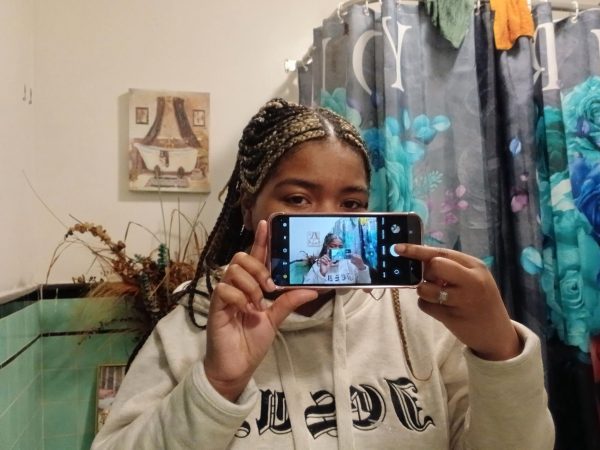Laufey’s music makes me feel like I’m living in a different time—one where everything moves slower and softer. Her voice is so warm and smooth, her lyrics painfully relatable, and her songs sound like they should be playing on an old record player while I stare out a rainy window. There’s something cinematic about her sound, something nostalgic. But every time I go looking for her music online, I always run into the same question: Is Laufey really jazz?
Some people say no. They argue that her music is too simple, too pop, too TikTok-friendly to really be jazz. Others are fully convinced she’s exactly what jazz needs right now—someone breathing new life into a genre that’s often seen as untouchable. And then there are people like me, who fall somewhere in the middle. I’m not really stressed about what label you put on her, but I still think the conversation says a lot about what genre even means anymore, and more importantly, who we allow to belong in certain musical spaces. Because this isn’t just about chords and structure—it’s about gatekeeping, taste, and tradition.
Laufey (full name Laufey Lín Jónsdóttir) is an Icelandic-Chinese singer, cellist, and songwriter who grew up playing classical music and listening to jazz with her dad. She studied at Berklee College of Music, where she started to blend those early influences into something that feels both vintage and modern at the same time. She writes about heartbreak and longing in soft, feminine, and deeply emotional ways—qualities that don’t always get taken seriously in jazz, a historically male-dominated genre that is often hyper-focused on technical complexity. Laufey’s songs pull from jazz traditions: you’ll hear bossa nova rhythms, jazz chords, cinematic string arrangements, and lush, vintage-style vocals. But they’re also made for this era. They’re short, streamable, and often shared in 15-second clips. That mix is part of what makes her stand out—and also why she gets debated so much.
A lot of this came up in a video by Adam Neely, a jazz bassist and educator on YouTube, where he asked the big question: “Is Laufey jazz?” His answer was basically “yes, but also no, but also who cares,” which honestly sums up the whole debate. He talks through her harmonic choices and highlights the jazz roots in her music, but also points out that she doesn’t look or sound like what people traditionally associate with jazz, especially as a young, mixed-race woman writing soft, vulnerable songs about her emotions. And that, unfortunately, is probably a big reason why some people are hesitant to let her into the jazz genre. Neely makes a point that stuck with me: jazz isn’t just about sound, it’s about context. Laufey is part of a new context, one shaped by Gen Z, social media, and emotional storytelling. She’s not recreating jazz as it was—she’s evolving it into something that still feels like jazz, even if it’s filtered through a new lens.
My favorite Laufey song is “Must Be Love.” It’s one of those songs that feels like it’s floating—fragile, airy, like it could disappear if you breathe too hard. The lyrics are simple but hit in that quiet, devastating way she’s so good at. Especially when she sings, “Friends asking me where I’ve been hiding / I’m losing hours in your eyes.” That soft sadness doesn’t need to scream to be powerful—it just sits with you. That’s what I think Laufey does best. She captures the in-between feelings, the moments that are hard to describe but easy to recognize when you hear them. And in my opinion, that kind of emotional honesty matters a lot more than whether or not something fits into a strict genre box.
If anything, Laufey is making jazz feel approachable again, for people who maybe never thought it was for them. She’s not trying to be Miles Davis or Ella Fitzgerald. She’s not pretending to be something she’s not. She’s making music that’s influenced by jazz, shaped by it, and clearly respectful of it, even if it doesn’t tick every traditional box. And maybe that’s exactly what jazz needs. Because if genre becomes so strict that we can’t let new artists in, then it stops growing. It becomes a museum instead of a living thing.
Genre can help us understand music, but it can also be used to shut people out, especially artists who don’t fit the mold. Laufey isn’t trying to prove anything to the jazz purists. She’s just making music that feels honest and real. And whether you call it jazz or not, it resonates with a lot of people. So is Laufey jazz? Kind of. Maybe not in the strictest sense, but she’s definitely part of the conversation. And if her music helps more people feel something—or even just gets them curious about jazz—that feels like a win to me.
